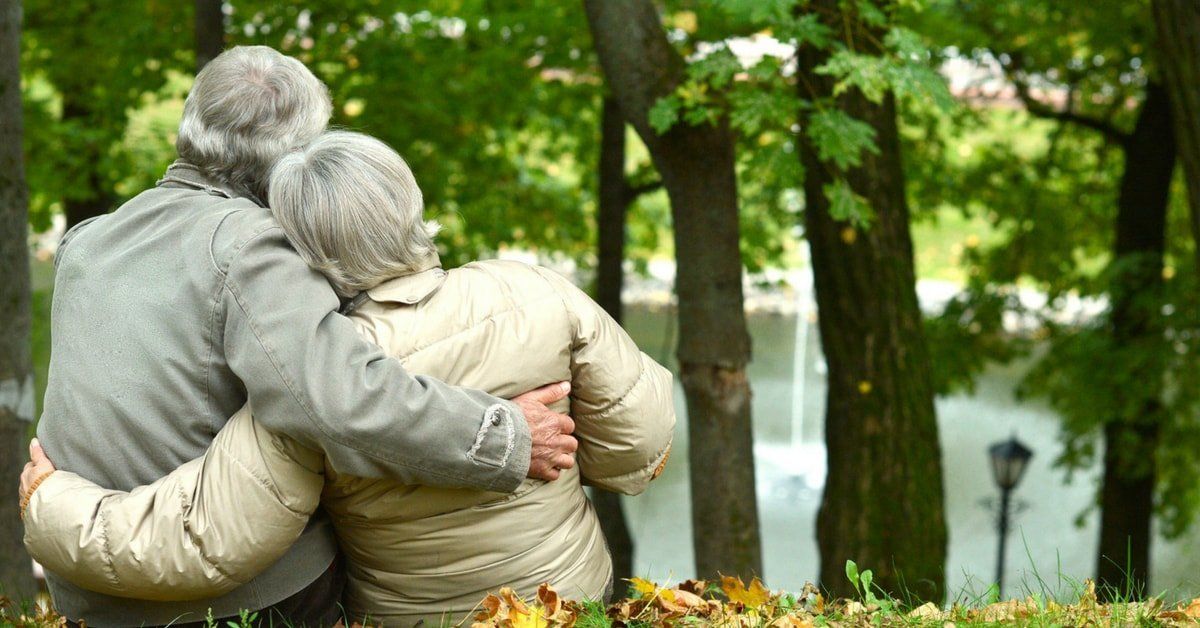Dealing with Death
Dealing with Death
In today's society, we tend to ignore death. We avoid discussing it, thinking about it, and planning for it. While we all know that death is inevitable, we are unwilling to think it will ever happen to us.
"Death can be terrifying." Dr. Todd Kashdan opened his article, "Confronting Death with an Open, Mindful Attitude", with those four painfully-honest words. He goes on to explain why death is such a scary thing for most of us. "Recognizing that death is inescapable and unpredictable makes us incredibly vulnerable. This disrupts our instinct to remain a living, breathing organism."
Our fear of dying has kept us alive (as individuals and communities) for centuries. It's natural. Yet, the fear of dying does not serve our personal need for safety and if we are to live our lives, we need to release the fear altogether. Dr. Kashdan argues that a mindful approach to living may be what's needed.
What is Mindfulness?
Mindfulness has been defined as, "The state of active, open attention on the present. When you're mindful, you observe your thoughts and feelings from a distance, without judging them good or bad. Instead of letting your life pass you by, mindfulness means living in the moment and awakening to experience."
Awakening to the inevitability of your own death is liberating. You are no longer forced to manage the fear; you are able to include death into your life experience.
Preparing for Your Death
Death is a natural part of life. When you live with intention, which involves looking toward death and preparing for it, you crush its power to keep you from living fully. The following task list will, when done mindfully, help you to not only confront your own death but to take control of it. While you'll never actually know how your life will end until the time of your death, your preparations will help you become comfortable with it.
- Write a will, notarize it, and provide a copy to your executor as well as any other individuals who are important in the settlement of your estate.
- Designate a Power of Attorney and Living Will, two essential documents if you are ever unable to care for your financial, medical, or legal needs due to an accident or illness.
- Make a detailed plan of your funeral or memorial service, which will help your survivors acknowledge and celebrate your accomplishments.
- Organize all financial papers including insurance policies, bills, mortgage papers, vehicle titles, and loan documents. It may be useful to consider adding a trusted family member to your bank accounts.
- Secure your digital life for your survivors. Make sure to list all account passwords and usernames and let your survivors know how you would like your digital real estate (email and social media accounts) handled after your death.
If you don't work to really get in touch with the reality of your death, you will never be fully satisfied with your life. When endlessly trying to become victorious over death, you stop living fully.
Sources:
- "What is Mindfulness?", Psychology Today, 2014
- Kashdan, Todd, Ph.D., "Confronting Death with an Open, Mindful Attitude", Psychology Today, 2011
- Klosowski, Thorin , "One Day You're Going to Die. Here's How to Prepare for It", 2013
(937) 274-8777
Thomas Funeral Home & Crematory
4520 Salem Avenue
Fax: (937) 274-8765


